Google Tasks has been quietly evolving. A recent APK teardowns hint at upgrades that could actually change how you use it day to day. The app has long been dinged for its bare-bones approach to task management, and Android Authority spotted code that suggests Google is finally tackling a top request: better time tracking. Completion dates and task count displays set the groundwork for more sophisticated time management, exactly what users have been asking for. The company appears to be rolling out completion date tracking and task count displays, and the latest findings point to something bigger.
What's actually coming to Google Tasks?
The APK teardown highlights a handful of meaningful improvements that are already landing for some users. Android Authority found that Google Tasks now shows completion dates for finished items, so you can see exactly when you crossed things off, which implies Google has been storing this data all along. That is genuinely neat. Imagine opening a list and spotting the day you finally wrapped that long-delayed project.
On top of that time-tracking base, the app now shows task counts beside list names, a quick read on your workload across projects. There is a new alphabetical sort called Title that organizes tasks from A to Z, plus improved task navigation with little arrows you can tap to jump to specific task pages. Together, these tweaks address the app’s biggest weakness, lack of organizational clarity, by making it easier to see what you finished and what still needs attention.
Why Google Calendar integration changes everything
Here is where it gets interesting. Android Authority discovered that Google Calendar is working on deeper Tasks integration, which could make the standalone Tasks app feel optional. The teardown showed Calendar picking up support for subtasks and task lists, and the interface borrows heavily from Tasks.
Right now, Calendar knows about your tasks, but it is limited. Try to create subtasks and you are bounced to the Tasks app. This new approach aims to remove that detour, letting you manage everything inside Calendar, the place you already plan your day. Fewer app switches, fewer excuses.
There is also a bit of symmetry to it. Tasks started life as an extension of Calendar and Gmail before it spun out. A reintegration would be a homecoming, only this time with the flexibility people expect from modern workflows.
The bigger picture for Google's productivity ecosystem
All of this lines up with Google’s push to streamline its tools. Google Tasks currently integrates with Gmail and Google Calendar, so you can turn emails into tasks and view to-dos alongside meetings. The app also supports Google Gemini integration for natural language creation and voice commands.
Even so, Tasks remains basic next to heavier hitters. It lacks file attachments, comprehensive daily overviews, and advanced natural language processing. Six years into its standalone run, it still skips features many users consider table stakes.
Fold Tasks more tightly into Calendar and Google could turn those existing connections into a single hub, one place to schedule, plan, and review. Fewer redundant apps, more focus where people already spend time planning.
What this means for your workflow going forward
This is about more than a few toggles and labels. If Google goes all in on Calendar integration, we might be nearing the end of Tasks as a truly standalone app. The app spent most of its life as an extension of Calendar and Gmail, then went solo, and now could swing back.
For you, that likely means one less app to check and better time blocking directly in Calendar. One screen, one plan. Cleaner.
That said, Google is notorious for experimenting, so treat these APK clues as possibilities, not promises. The pattern does say something about strategy, though. Google seems to recognize that tasks and calendars should not live in separate silos. The recent Gemini integration efforts show continued investment in Tasks, maybe as a bridge to a tighter, smarter setup.
Bottom line: whether Tasks gets absorbed into Calendar or keeps evolving on its own, Google finally appears serious about task management. If you have been waiting for more robust features, real improvements are arriving, even if the final shape is still fuzzy. My take, start using completion tracking and task counts now. They are useful today, and they will likely carry forward no matter which path Google picks.







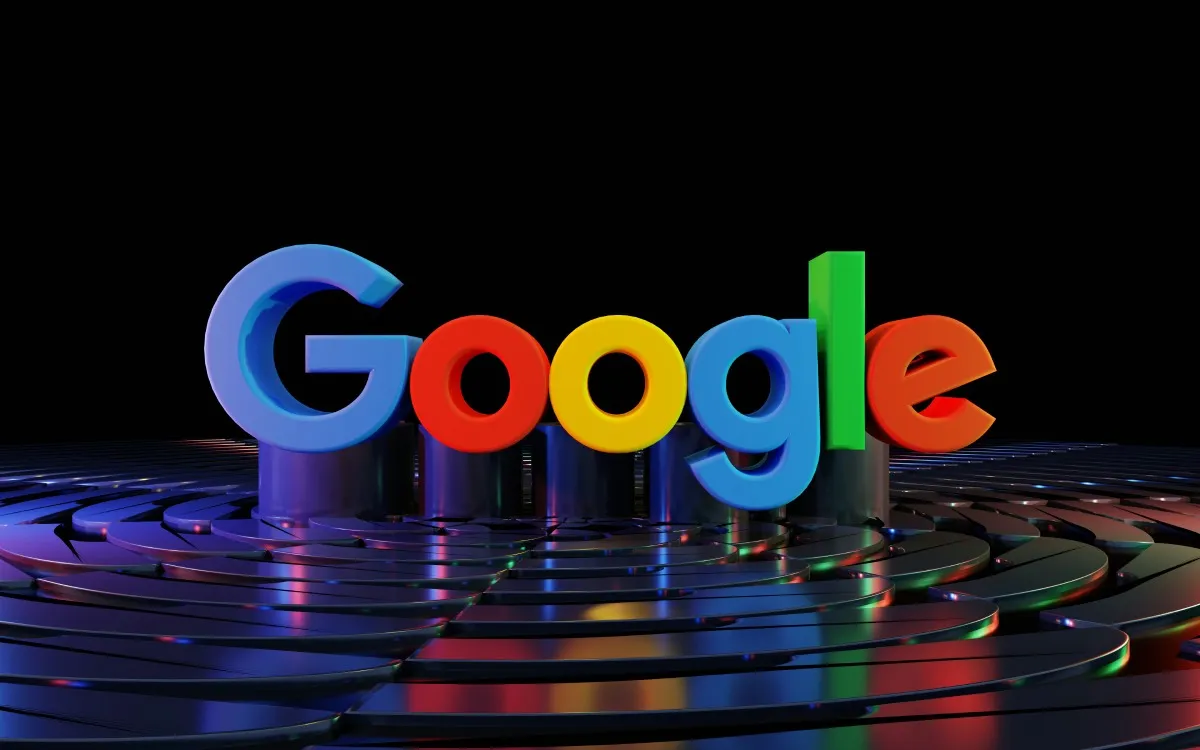
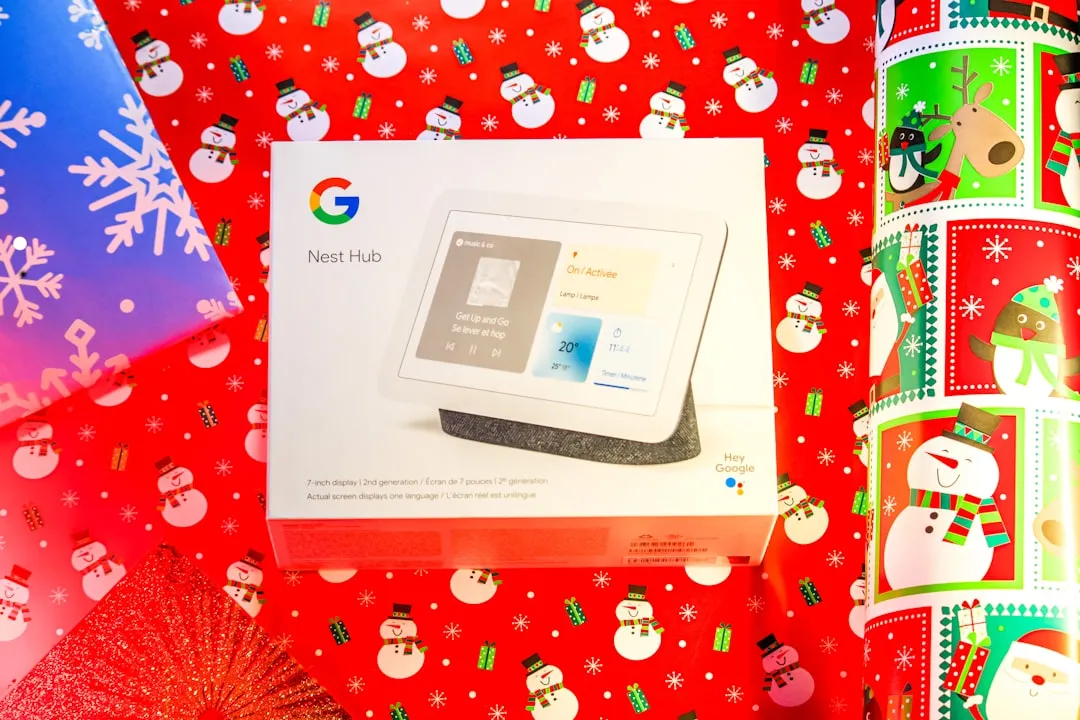

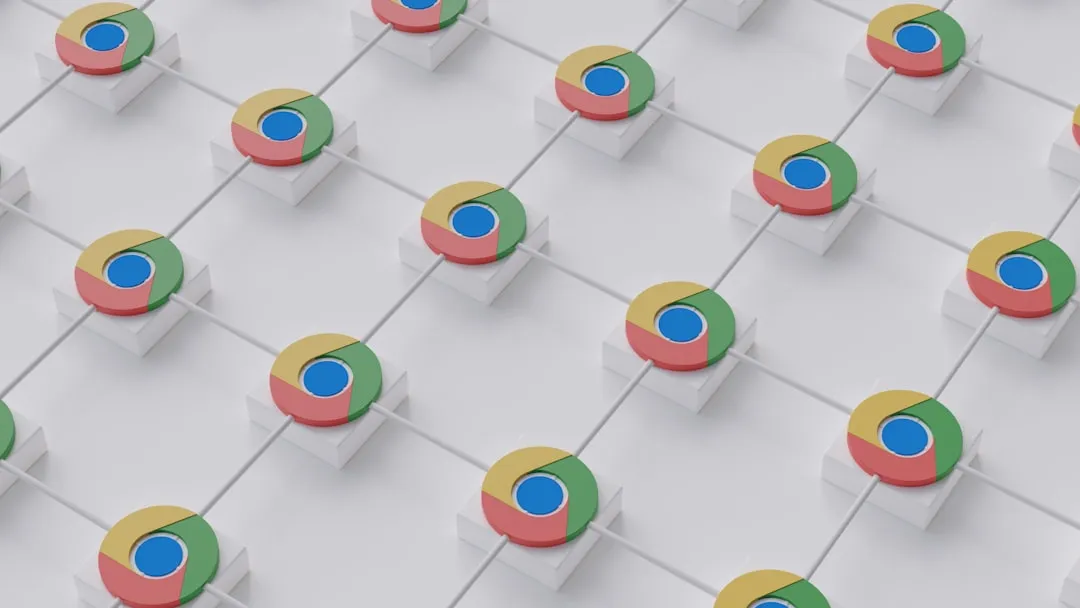
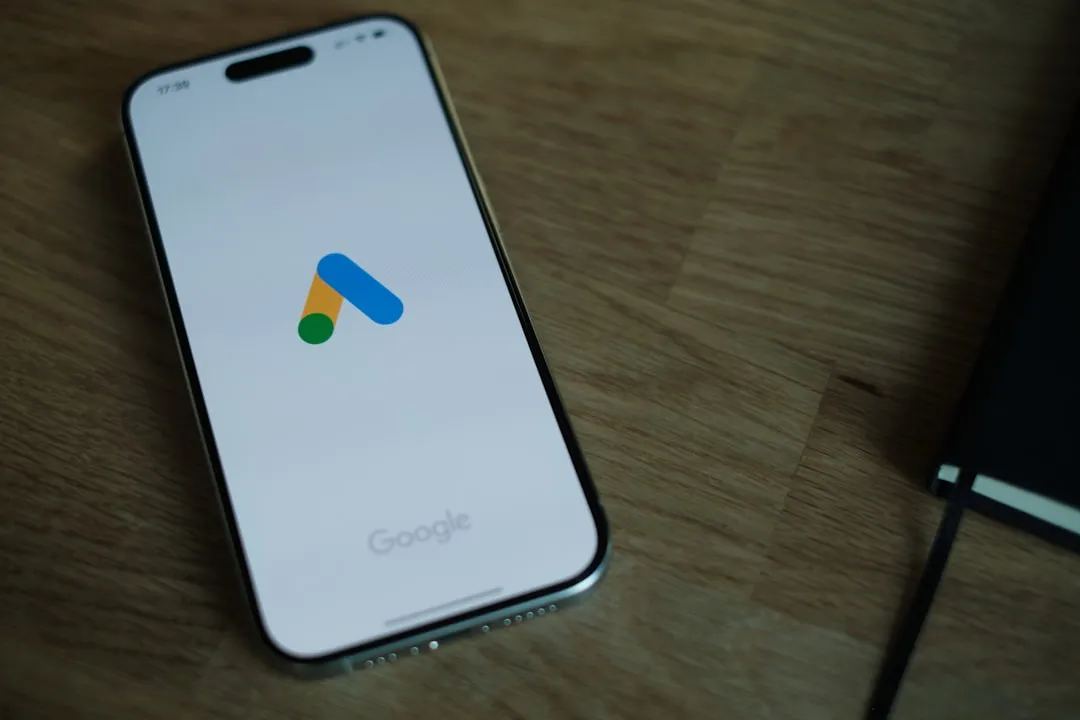

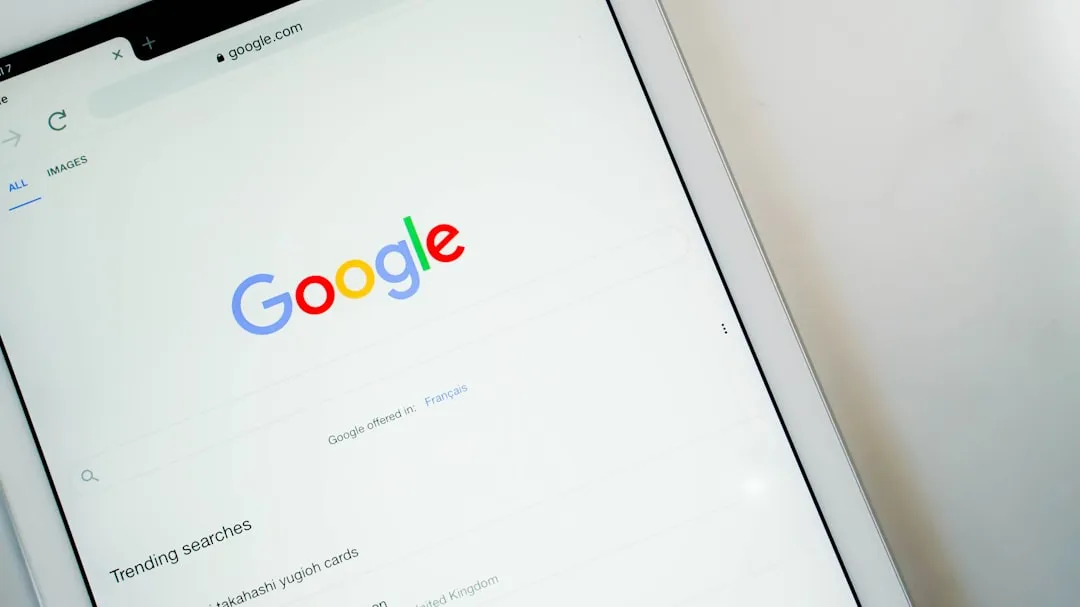
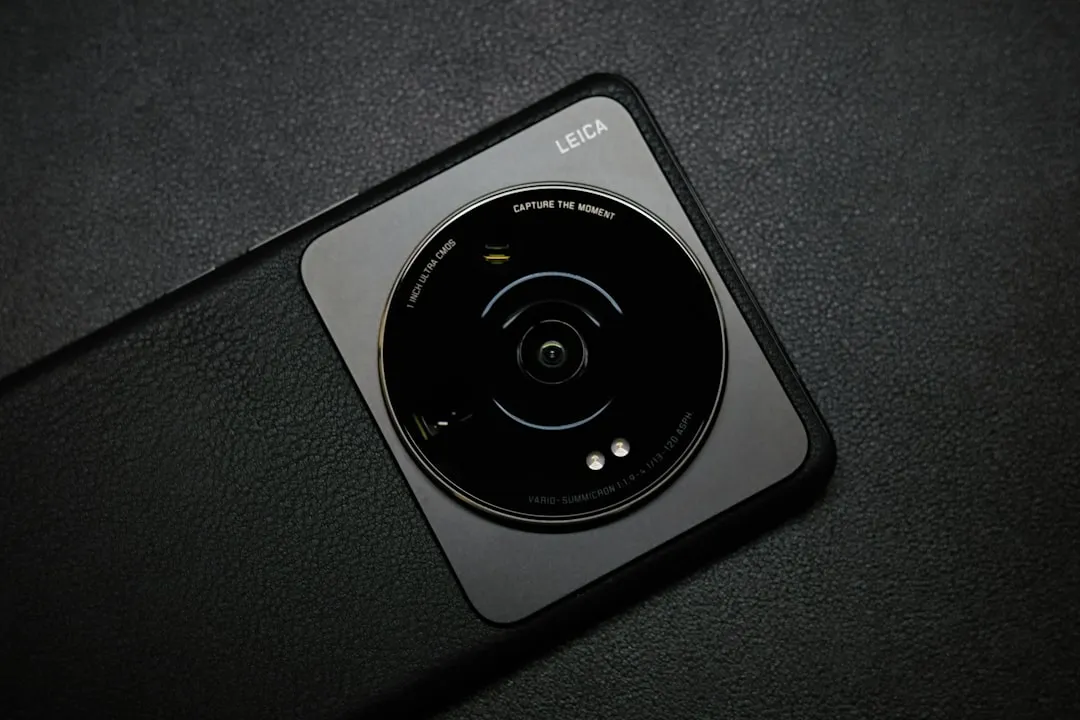
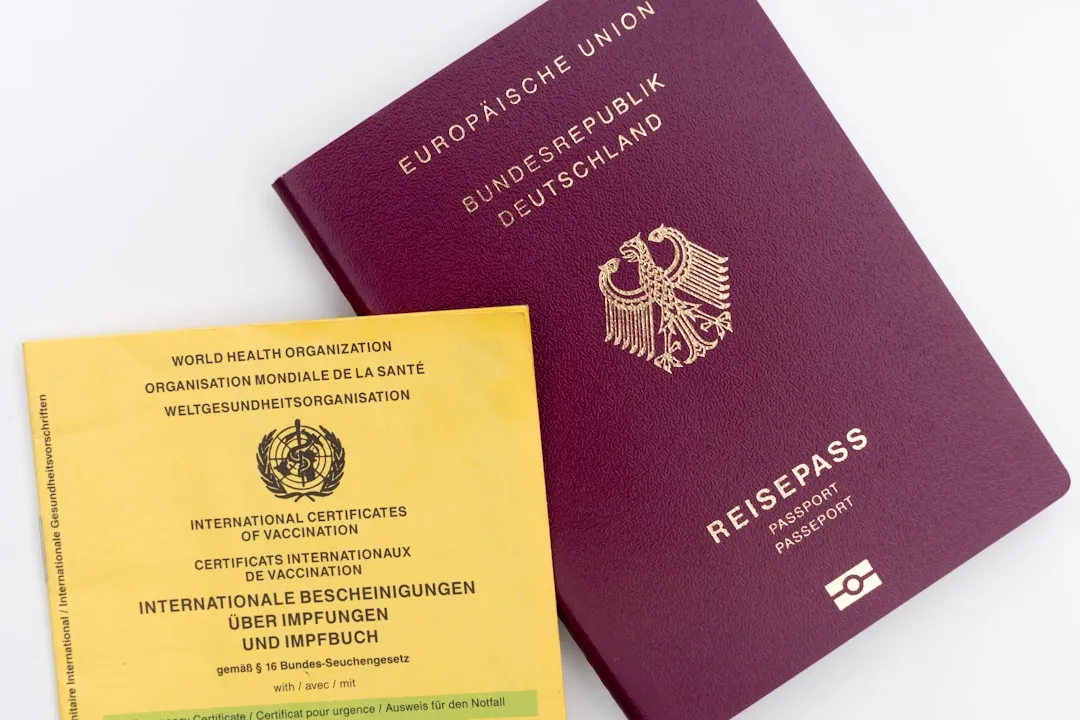
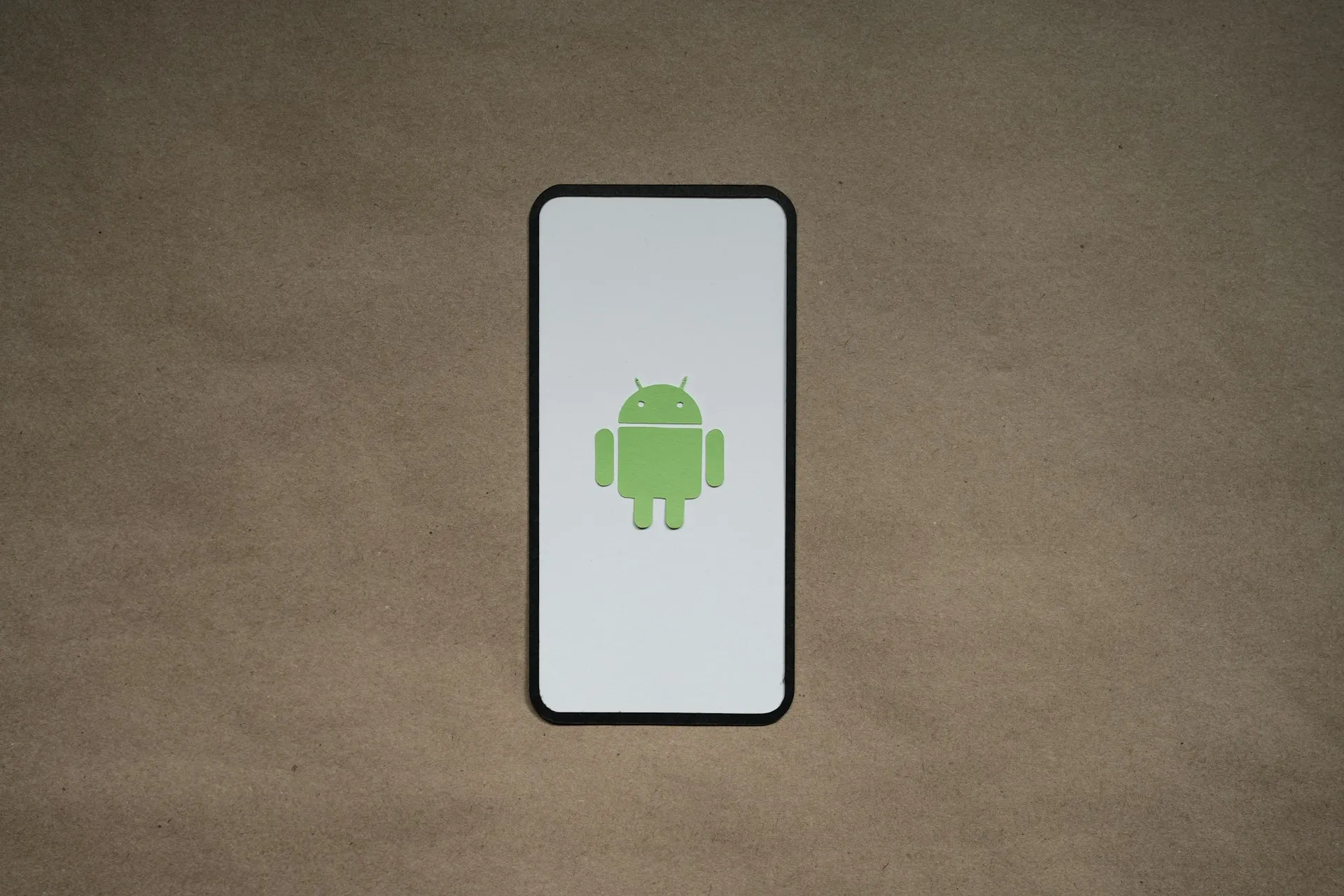

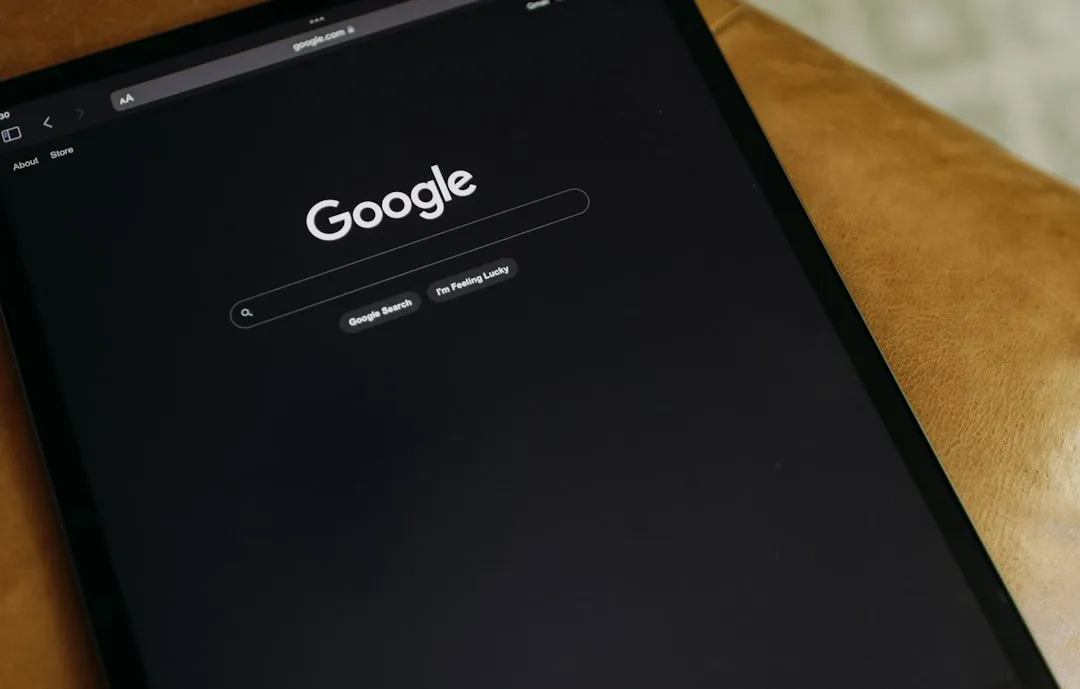







Comments
Be the first, drop a comment!